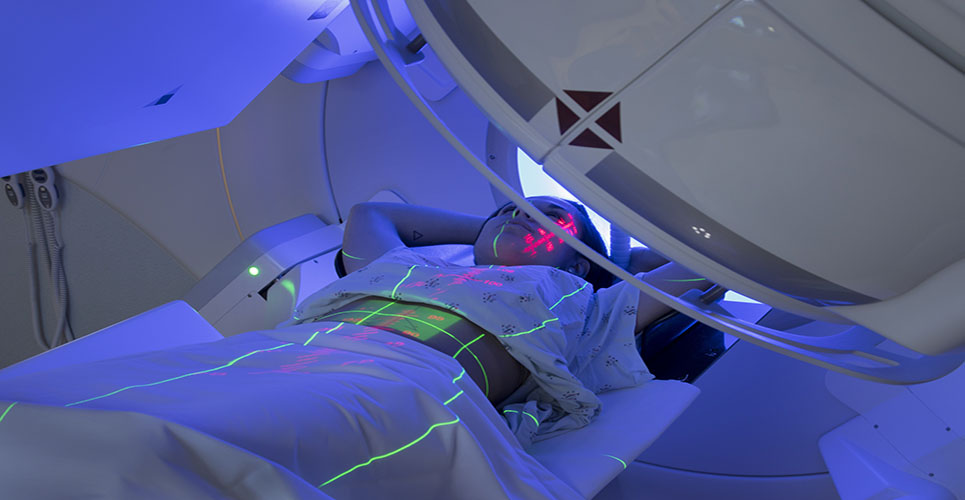teaser
Treating patients who have recurrent glioblastoma multiforme with both Gliadel® Wafer (polifeprosan 20 with carmustine implant) and radioactive seeds (iodine-125) at time of tumour resection may provide for a better outcome than treatment with surgery and either agent alone.
Such are the findings of a study published in February’s Journal of Neurosurgery.
The study was led by Dr Ronald Warnick of Mayfield Clinic and professor of neurosurgery at the University of Cincinnati, USA.
He said this was the first study conducted to evaluate the effect of these two novel agents used simultaneously in combination with surgery to treat recurrent glioblastoma multiforme (GBM).
The phase I/II single-arm study explored the safety and efficacy of the localised therapies in 34 patients.
The dual implantation of Gliadel Wafer and radioactive seeds was well tolerated among patients and may contribute to longer survival than when surgery is coupled with either therapy alone, the study found.
Additional controlled clinical trials will need to be conducted in order to confirm this finding and demonstrate a survival benefit in comparison to control.
“Recurrent glioblastoma is a challenging disease because the tumour grows and spreads so quickly,” Dr. Warnick said.
“These results suggest that by simultaneous application of two localised therapies, Gliadel Wafer and radioactive seeds, we may be able to provide an improved survival benefit for this patient population.
“We will continue to conduct further studies of this approach for both recurrent and newly diagnosed glioblastoma.”
Gliadel Wafer is made by US biopharmaceutical company MGI Pharma.
Take part in our prize-draw survey

